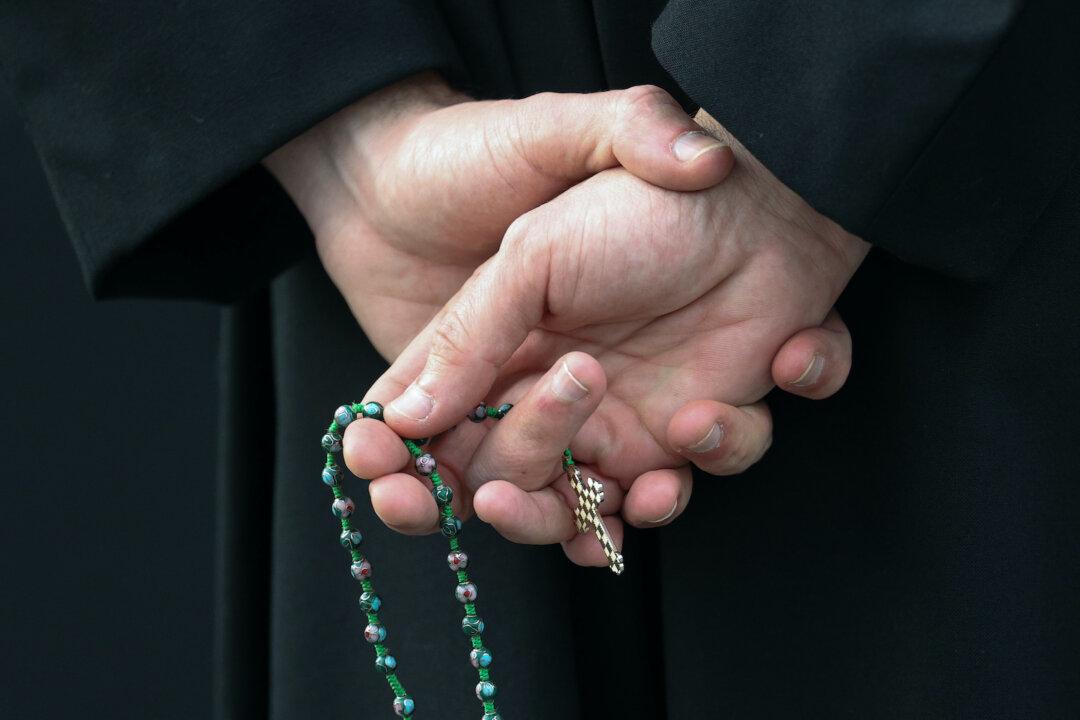The Wisconsin Supreme Court ruled on March 14 that a major Catholic Charities organization and four nonprofits affiliated with the agency must pay into the state unemployment insurance system.
In a 4–3 decision, the liberal majority of the court rejected arguments made by Catholic Charities Bureau Inc. for the Superior Diocese of the Catholic Church that they should be exempt from the state’s Unemployment Compensation Act.




